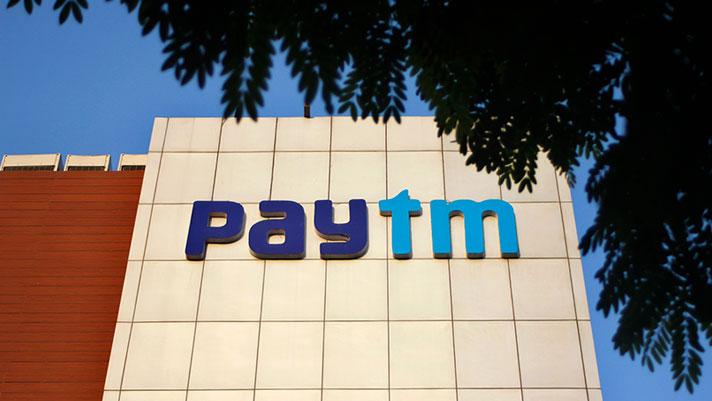The Reserve Bank of India (RBI) has ordered the payments bank subsidiary of Paytm to stop accepting fresh deposits in its accounts or popular wallets from March, in a major blow to one of the country's largest payments firms.
Paytm shares plunged the daily limit of 20% on Thursday after the central bank's move, which could be a precursor to its licence being cancelled, said a person familiar with the matter.
Following are answers to some key questions about Paytm and its payments bank.
What is the bank? What does it do?
Paytm Payments Bank is a specialised banking entity that received its license in 2015, the year payment banks were introduced in India, and started operations in November 2017.
Payments banks may accept small deposits of up to 200,000 Indian rupees ($2,400) but are not allowed to lend. Deposits must be parked in government securities or in deposits at other banks.
Who owns Paytm Payments Bank? How is it related to Paytm?
Paytm Payments Bank is 49% owned by Paytm, also known as One 97 Communications. The remaining 51% is held by Paytm Chief Executive and founder Vijay Shekhar Sharma.
Paytm Payments Bank acts as a key banking partner for Paytm. For instance, funds deposited in Paytm's popular digital wallets are held with Paytm Payments Bank.
The bank houses all of the parent's 330 million wallet accounts, according to Macquarie Capital, meaning money held in them is deposited with the payments bank.
Digital wallets, which let customers to store money for small retail payments, are popular in India for day-to-day payments.
What did the RBI do? What prompted the action?
The RBI said on Wednesday that Paytm Payments Bank cannot take deposits, offer credit services or facilitate fund transfers after Feb. 29. While the payments bank does not lend directly, it offers credit products from third-party entities.
India's central bank said it took the action because of "persistent non-compliances and continued material supervisory concerns in the bank", which it did not specify.
Paytm Payments Bank was restricted from adding customers in March 2022 due to similar concerns but continued doing business with existing customers. Now it has been told to wind down most of its businesses this month.
What will Paytm do?
Paytm said it would take steps immediately to comply with the RBI's directions. It will stop working with Paytm Payments Bank and start working only with other banks.
It expects a worst-case impact of 3 billion rupees ($36 million) to 5 billion rupees to its annual earnings before interest, tax, depreciation and amortisation (EBITDA).
Impact on Paytm?
Paytm's business impact will largely come from reputation concerns arising from governance or compliance, and the path to resolution will be from better compliance with regulations, according to Jefferies.
The RBI move ends the Paytm Payments Bank's operations, a negative development adding to an already heavy regulatory overhang on Paytm's business, Macquarie analysts said.
Can the bank meet outflows?
Because Paytm Payments Bank's deposits are held in government bonds and deposits at other banks, liquidity should be readily available, said a source familiar with the matter. The bank may not need any special liquidity line from the central bank, the source said.







